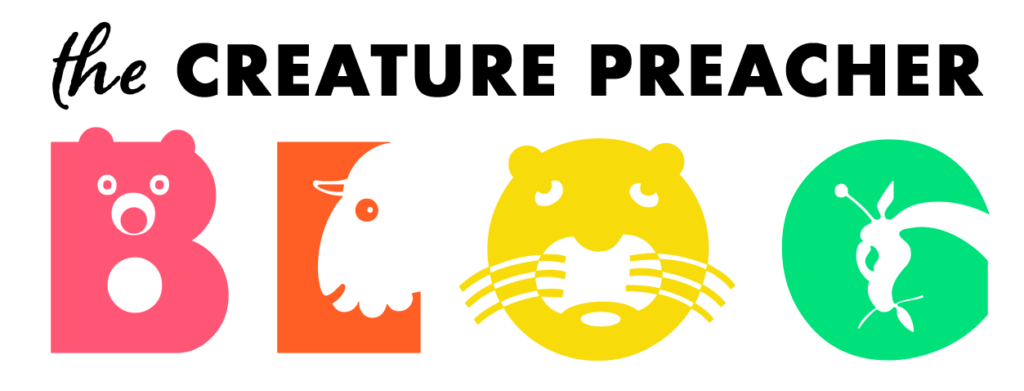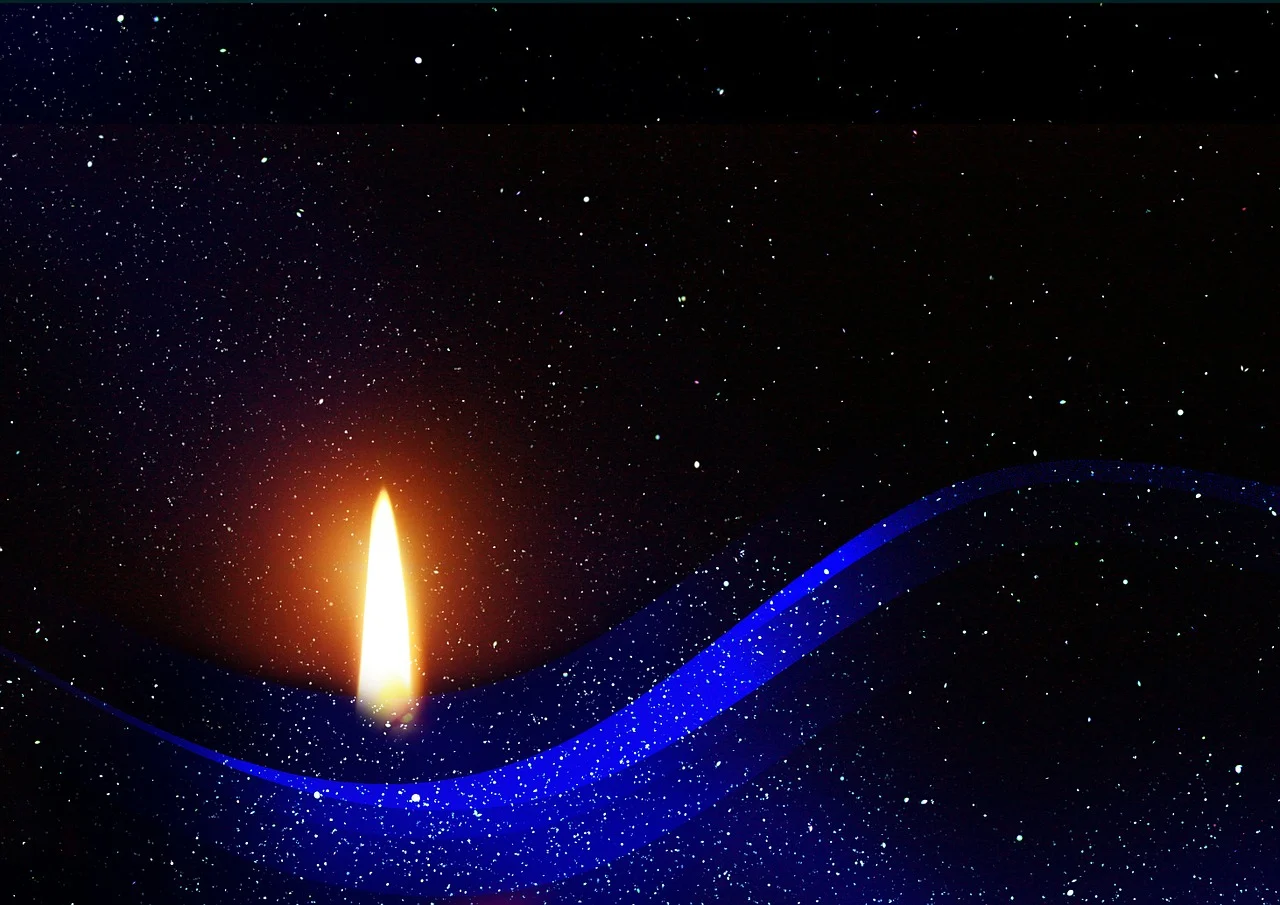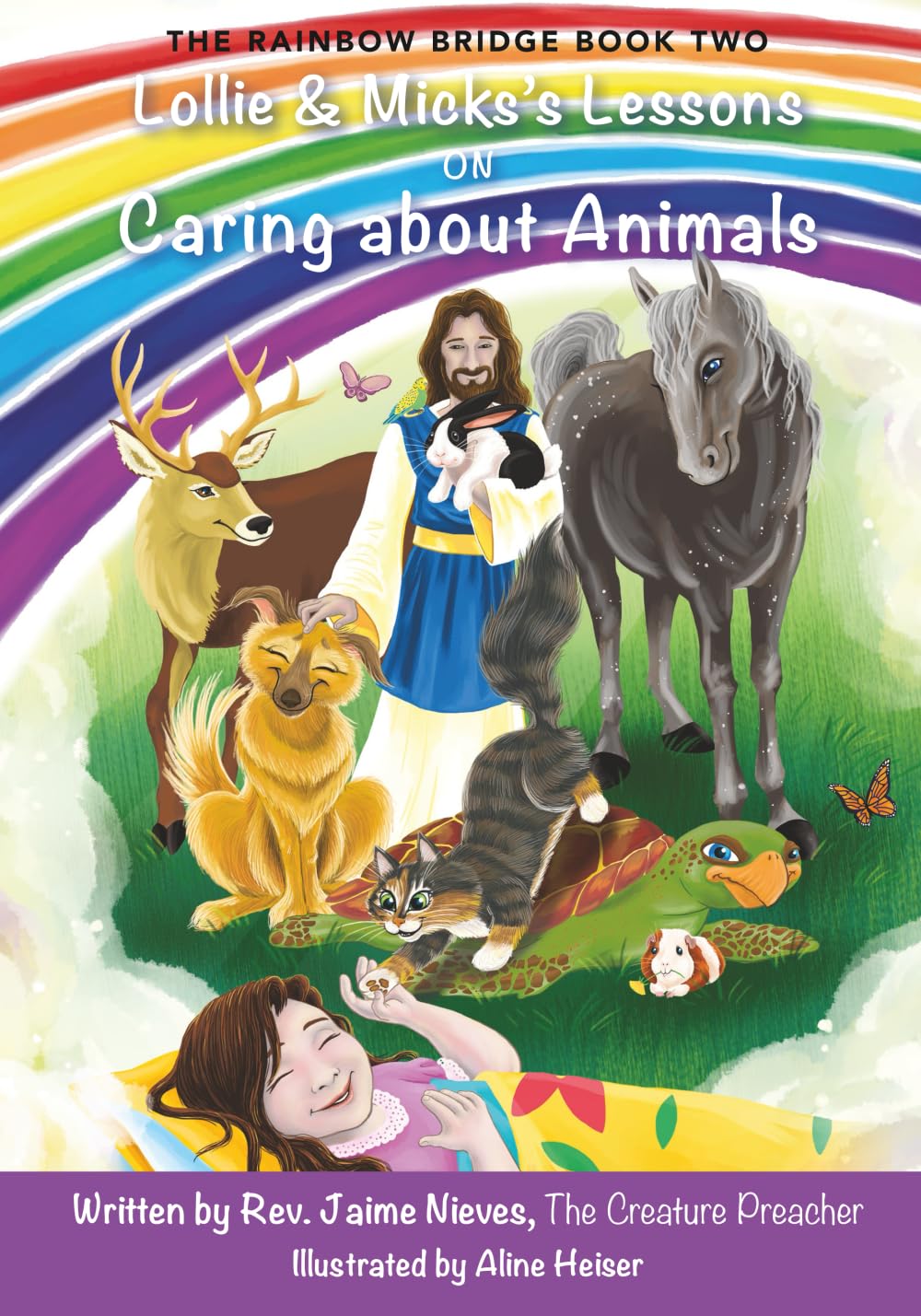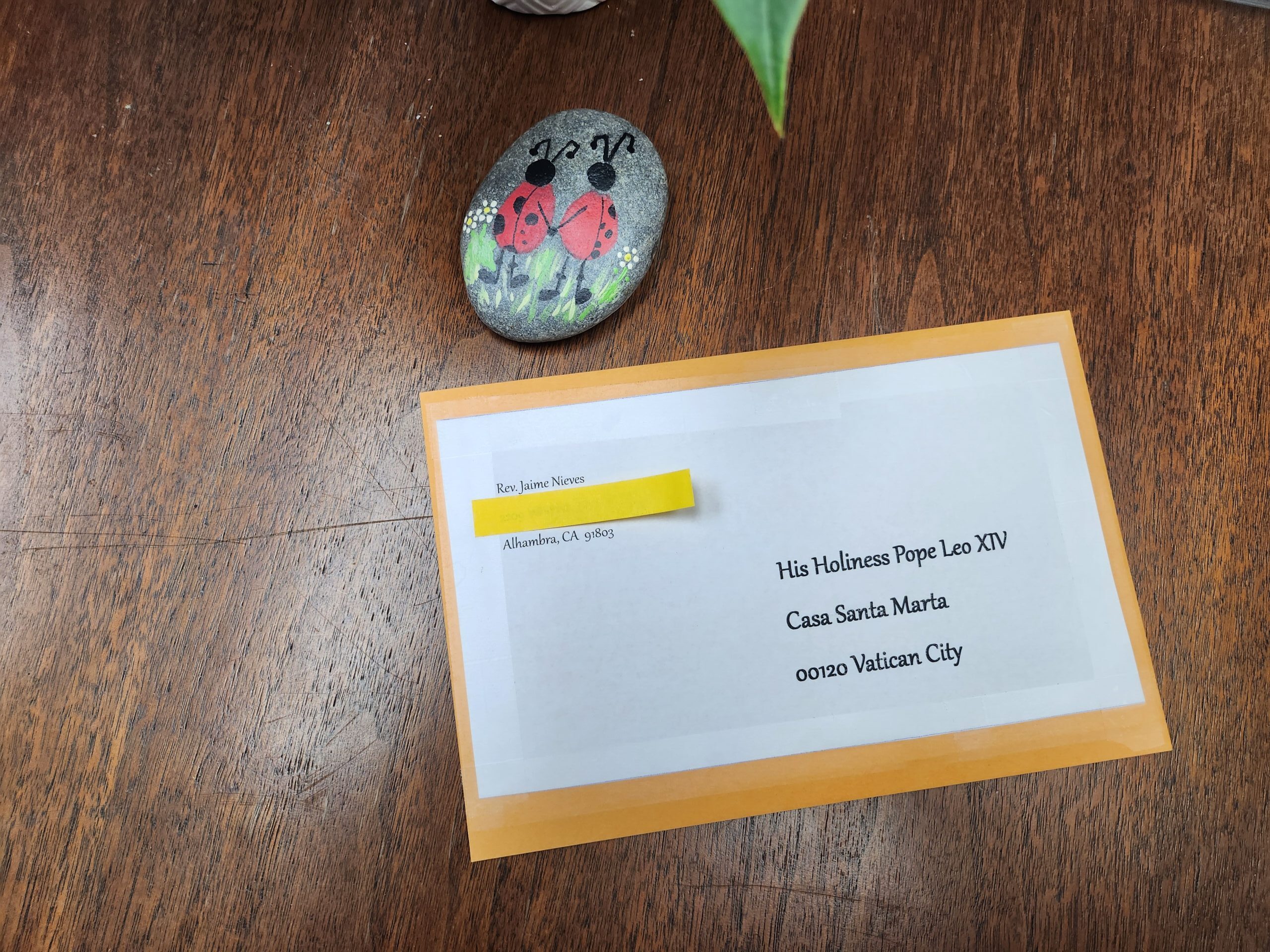In the 1800s, families across Europe and parts of the U.S. practiced a peculiar tradition: whenever someone died, a family member would visit the beehive and tell the bees about the loss. It was believed that failing to do so could result in the bees leaving the hive, producing less honey, or even dying.
Throughout history, humans have always had a special, “sacred” connection with bees and nature. In medieval Europe, bees were highly prized for their honey and wax. Honey was used as food, to make mead, possibly the world’s oldest fermented beverage, and as medicine to treat burns, cough, indigestion, and other afflictions. Bees were often kept at monasteries and manor houses where they were treated with the greatest respect and considered part of the family or community. Back then, it was considered rude to even argue in front of bees!
Celtic mythology holds that bees are the link between our world and the spirit world. If you had a message that you wanted to pass on to someone who had died, all you had to do was tell the bees, and they would pass along the message. And the people of the ancient Aegean civilizations of Greece, beginning back in 3200 BC, also believed that bees had the ability to bridge the natural world with the afterlife.
Bees play a divine role in the three Abrahamic monotheistic religions of Judaism, Christianity, and Islam. In Christianity, the bee has historically been viewed as a symbol of Jesus Christ’s attributes: its honey reflecting his sweet and gentle character, and the sting representing justice and the cross. In Judaism, the bees’ symbolic role is honored in the celebration of Rosh Hashana. On the eve of this holiday, it’s customary to eat symbolic foods, which may include dipping challah (leavened bread) and an apple into honey. This act embodies the hopes for a happy and healthy new year.
And in the Quran, the divine collection of writings believed by Muslims to be the revelation of God, chapter 16, verse 68 is called ‘The Bee.’ Listen to how the bee is described in this passage:
“… your Lord inspired the bee, saying, ‘Build yourselves houses in the mountains and trees and what people construct. Then feed on all kinds of fruit and follow the ways made easy for you by your Lord. From their bellies comes a drink of different colors, in which there is healing for people. There truly is a sign in this for those who think.’”
Those “who think” about bees and nature, and humankind’s relationship to and connection with them have been growing in number over the years. In 2015, global spiritual leader and peace activist Thich Nhat Hanh, called for “a global revolution that starts with falling in love with the earth.” He wrote: “When you realize the Earth is so much more than simply your environment, you’ll be moved to protect her in the same way as you would yourself. This is the kind of awareness, the kind of awakening that we need – and the future of the planet depends on whether we’re able to cultivate this insight or not. A simple branch of cherry blossom, the shell of a snail, or the wing of a bat all bear witness to the Earth’s masterful creativity. Every advance in our scientific understanding deepens our admiration and love for this wondrous planet. When we can truly see and understand the Earth, love is born in our hearts. We feel connected. That is the meaning of love: to be at one.”
In 2015, the New Zealand government legally recognized that all animals are sentient beings and subsequently passed The Animal Welfare Amendment Bill, making it easier to prosecute people in animal cruelty cases, as well as banning animal testing and research.
Today, we’re learning more about how interconnected we are with the natural world. For instance, Arctic peoples have long communicated with whales, and recent studies suggest that spending time near trees can lower our stress levels. These examples remind us that, much like the ancient traditions, nature offers us wisdom and healing if we learn to listen.”
And in 2019 a new environmental study suggested that nature may make us happier and healthier because it inspires awe; a National Geographic article explains that flowers can actually hear buzzing bees and it makes their nectar sweeter; in the South Pacific Ocean nation of Vanuatu, women are literally drawing strength from the rhythm of the ocean; and a man walking in the woods actually captured video of the forest floor “breathing.”
But how does this ancient reverence for nature connect to our modern understanding?
One way to think about this evolving relationship is through the concept of “Wyrd”—an ancient term that refers to fate, transformation, and interconnectedness.” “Wyrd” is an Anglo-Saxon term for fate or personal destiny. It’s the origin of the modern English “weird” but is based on the Old Norse urdr. An urdr is a female being from Norse Mythology who rules the destiny of gods and men; a female entity that represents the concept of “becoming.” So, to be wyrd is to be an alchemist: to be a person who transforms or creates something through a seemingly magical process and who is in a perpetual state of becoming.
Wyrd literally means “that which has turned” or “that which has become.” It carries the idea of “turned into” in both the sense of becoming something new, and the sense of turning back to an original starting point. In metaphysical terms wyrd embodies the concept that everything is turning into something else, while both being drawn in toward and moving out from its own origins. So, we can think of wyrd as a process that continually works the patterns of the past into the patterns of the present.
What is it, in our 21st-century exploration of nature, that we can discover being drawn in toward and moving out from our biblical understanding of God’s Creation? What might God want us to see that we’re completely missing? Wyrd is an all-encompassing view which connects us to all things: thoughts, emotions, and events in the cosmos as if through the threads of an enormous, invisible but dynamic web.
Today, scientists know that all things are interconnected. But the power of wyrd is to realize this in our inner being and to know how to use it to manifest our personal destiny. Through wyrd, we can be inspired to see our lives in new and empowering ways. Through wyrd, we can restore our experiences of the healing power of love, nature, and creativity. Through wyrd, we can unite ancient wisdom with modern science in the service of enhancing our lives and the integrity of our human presence on the planet.
Who are we listening to about the greatness, artistry and interconnectedness of God?
We listen to each other. But who should we be listening to? In the Bible, Job 12:7-10 tells us to “consult the experts”! He says: “But ask the animals, and they will teach you; the birds of the air, and they will tell you; ask the plants of the earth, and they will teach you; and the fish of the sea will declare to you. Who among all these does not know that the hand of the LORD has done this? In his hand is the life of every living thing and the breath of every human being.” We should be listening to God as God speaks to us softly, yet passionately through the simple branch of the cherry blossom; through the shell of a snail; through the wing of a bat; through the whales; through the trees; through the flowers; through the rhythms of the oceans; through the floors of the forests; and, of course, through the bees!
The cherished relationship between bees and their keepers has an honored place in folklore. According to one legend it’s bad luck to buy or sell hives because when you sell one, you sell your luck with your bees. Instead, bees were bartered for or given as gifts. According to another myth, if bees flew into your house, a stranger would soon call, and if they rested on your roof, good luck was on its way. But the relationship between bees and humans goes beyond superstition.
The fact is that bees help humans survive. Seventy of the top 100 crop species that feed 90% of the human population rely on bees for pollination. Without them, these plants would cease to exist, and with them, all animals that eat those plants. This would have a cascading effect that would ripple catastrophically up the food chain. Losing a beehive is much worse than losing a supply of honey. The consequences are life-threatening. The act of telling the bees emphasizes this deep connection humans share with the insect and all of nature. Talking to bees is just plain wyrd! To strive to live our lives in new and empowering ways is just plain wyrd. To reacquaint ourselves with experiences of the healing power of love, nature, and creativity is just plain wyrd. To be a part of a global revolution that starts with falling in love with the earth is just plain wyrd.
But I’m sure the bees will tell you that being wyrd is the best thing that you can “bee”!






